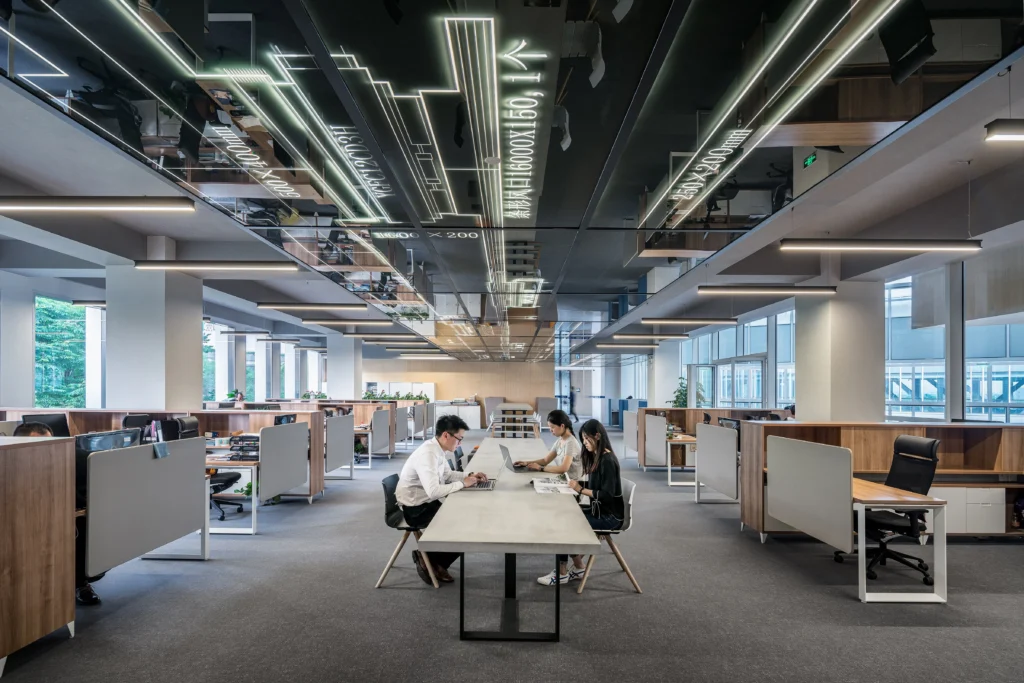Covid had unexpected impacts on the workforce and the changes are not going to go away, nor should they
Over my lifetime I have seen a major swing in workplace relations, from significant power in the hands of workers because of widespread and often legally enforced unionism, to the recent years of virtually destroyed unions and the power very much in the hands of business. But have recent events started the swing of the pendulum the other way again? Perhaps not back to widespread unionism, but certainly to worker power. So how is this playing out?

Photo by LYCS Architecture on Unsplash
The Great Resignation
Much has been made of what, in the US has been labelled as the Great Resignation, the rise in people leaving their jobs and an unwillingness to take on certain jobs.
Here in Australia we have seen something very similar. Staff have been walking away from workplaces with known issues. This has been particularly noticeable in the retail and hospitality industries. The extent of it has been so great that even as we exited lockdowns and you would have expected businesses to rejoice in being open again, there have been many restaurants and retail stores which simply could not open because they had insufficient staff. But it has not been limited to only those two sectors.
What is at play here?
The Covid Reset
Workplace Changes
Covid did many things to us, but one thing was that it exposed many of the lies that our employers have been telling us.
Some of the exposed lies included:
- You need to be in the office for teams to work
- Middle-level managers are useful
- Working from home violates workplace health and safety regulations and/or compromises security
- Change is hard and takes a long time to implement
- Core office hours are not negotiable
- Work defines who we are.
Guess what? Along comes Covid and workplaces managed to change overnight, working from home suddenly became not just permitted, but required, the world didn’t end when managers couldn’t look over our shoulders and flexibility really could work in favour of the workers.
Many teams suddenly discovered that they worked better without the oversight and micromanagement of their managers. Work-related stress levels dropped. Older workers suddenly got more comfortable with the technology that their younger peers loved. The world continued to turn.
Education Changes
Not for everyone, but for so many the Covid reset was liberating. This wasn’t only the case in our work lives. For many kids being out of the classroom allowed them to better be themselves, freed them from bullying or classroom situations ill-suited to their neurodiversity. University students discovered what education specialists have always known — that the lecture is a poor way to teach many students.
Across the board, one of the major changes brought on by the Covid reset was that people gained more control over their lives. And they liked it.
Business As Usual, No Way
Anyone who was following the discussions in the media during lockdowns would have seen the discussions about business (and education) after the lockdowns and it was clear that many leaders just wanted to return to the status quo.
No way, people said. Lockdowns were hard but they’ve shown that, in many cases, there were better ways of doing things than the old way. We had more control over (some aspects of) our lives than before, and it worked better for us. People found they could get their work done in less time at home, free from managers calling spontaneous and ill planned meetings, coffee machine discussions with people that we really don’t like, the money wasted on poor quality or just carb-laden lunchtime food and all that time wasted on commuting.
Freedoms Worth Fighting For
So when lockdowns lifted and people started being pushed back into old work patterns, is it any wonder that they said No? An added factor in all this was that Covid had forced many people to consider the existential questions, like is my life worth living this way and if I got sick and died tomorrow has my life been satisfying. Many had been forced to survive on lower incomes, and many of them had discovered that they actually could if they weren’t flushing so much money down the commute, work lunch and child-care toilets.
So now people are voting with their feet and leaving jobs that are not satisfying, underpaid or have major issues, like bad managers.
Perhaps less obvious right now, but we will be seeing lasting shifts in student populations, more kids being home schooled, more people deciding that micro-learning is actually better for them than racking up massive student debt and other changes we can’t see yet.
I suspect that another shift will be a turn back to collective bargaining, with pressure on governments to remove or reduce restrictions on union action that have been put into place in many countries.
An excellent companion article to this one is Jade McAndrew-Barlow’s “How to Interview Prospective Employers” where she touches on many of the same issues but from the related perspective of how to expose issues with a potential job you are applying for. I highly recommend it.